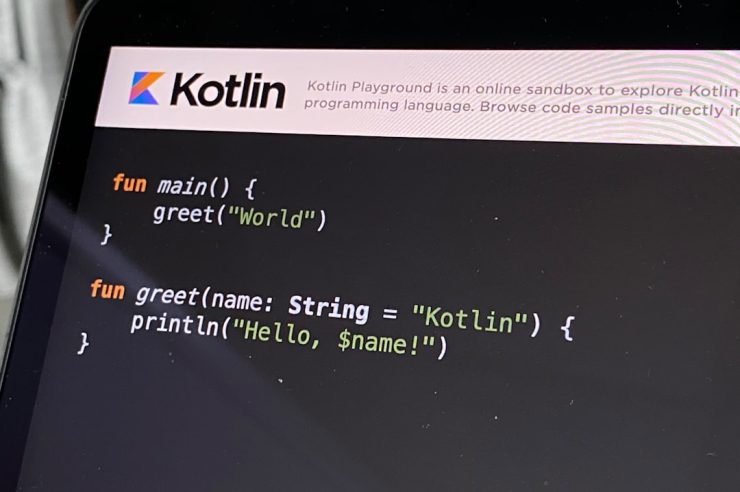Virtual Private Networks (VPNs) have become an essential tool for users seeking online privacy, security, and sometimes simply a way to bypass geographic restrictions on content. While premium VPNs offer robust features and reliability, many users look for free alternatives—especially those that offer residential IP addresses. These types of VPNs are particularly valuable as they are harder to detect and block compared to their data center counterparts. But where can a curious user find trustworthy information about such VPNs? The answer lies in dedicated community forums and online resources.
Free residential VPN extensions are relatively rare due to the high cost of maintaining a residential IP network. Nevertheless, several user-driven communities actively discuss and share insights regarding VPN extensions that meet this criteria.
Popular Online Communities for VPN Enthusiasts
There are several online forums and platforms where VPN users congregate to exchange information and reviews about existing tools, including free residential VPN extensions. These communities are often goldmines for discovering lesser-known but effective tools.
- Reddit: Subreddits like r/VPN, r/privacytoolsIO, and r/netsec frequently feature discussions about VPN services. Users post personal experiences, reviews, and even security analysis of various extensions.
- Wilders Security Forums: A hub for sophisticated users, this forum delves into in-depth evaluations of tools concerning privacy and security, including VPNs.
- Stack Exchange (Information Security): Ideal for technical questions, Stack Exchange allows users to seek advice about configuring VPNs securely, and there are often reference discussions about browser extensions.
- GitHub: Many open-source VPN projects host their code and documentation here. The accompanying discussions in Issues or Discussions tabs often reveal insights about using these tools effectively.
[ai-img]vpn forum, online discussion, technology community[/ai-img]
Review Sites and Comparison Platforms
Besides communities, several dedicated VPN review websites aim to provide objective assessments of various VPN services, including browser extensions. Although they often focus on commercial software, they do cover free and open-source options from time to time.
- Top10VPN: Known for its transparency reports and up-to-date reviews, it occasionally features free VPN options and browser extensions rated for privacy and performance.
- That One Privacy Site: An independent website offering a detailed VPN comparison chart that includes various factors like jurisdiction, logging policies, and more.
- Restore Privacy: This platform often breaks down common privacy tools and ranks them based on user needs, including those looking for no-cost solutions.
When reviewing such sites, it’s important to remain cautious. Always examine whether the reviews are sponsored or influenced by affiliate partnerships.
GitHub and Open-Source Repositories
For the more tech-savvy users or developers, GitHub repositories provide both the source code and the community dialogue behind many free VPN tools. You can often find Chrome or Firefox extensions specifically designed to offer residential IP addresses through community-supported networks.
A few notable projects that may be worth exploring include:
- LibreVPN: A decentralized VPN project that aims to provide community-powered access to the internet through residential IPs.
- Psiphon: Open-source circumvention software offering VPN-like capabilities driven by its user base.
[ai-img]vpn code, github project, open source development[/ai-img]
Risk Awareness and Limitations
While navigating these forums and tools, it’s crucial to acknowledge the potential risks involved with free VPN services, particularly those that claim to offer residential IP addresses. These may include:
- Data logging and selling by shady providers
- Malware bundled with browser extensions
- Limited bandwidth and slower performance
Always verify any VPN tool against multiple sources, and whenever possible, refer to community feedback and developer-provided transparency reports. Using open-source tools or extensions with clear documentation can go a long way in protecting your privacy.
Conclusion
Whether you’re a privacy-conscious user or just someone looking to explore internet freedoms without breaking the bank, the community ecosystem around VPNs is rich and highly informative. Platforms like Reddit, GitHub, and reputable review sites offer a valuable starting point for finding trustworthy free residential VPN extensions. While these won’t always match the features of premium services, with due diligence and a skeptical eye, it’s possible to find safe and functional options at no cost.
[ai-img]vpn usage, extension download, internet privacy[/ai-img]



